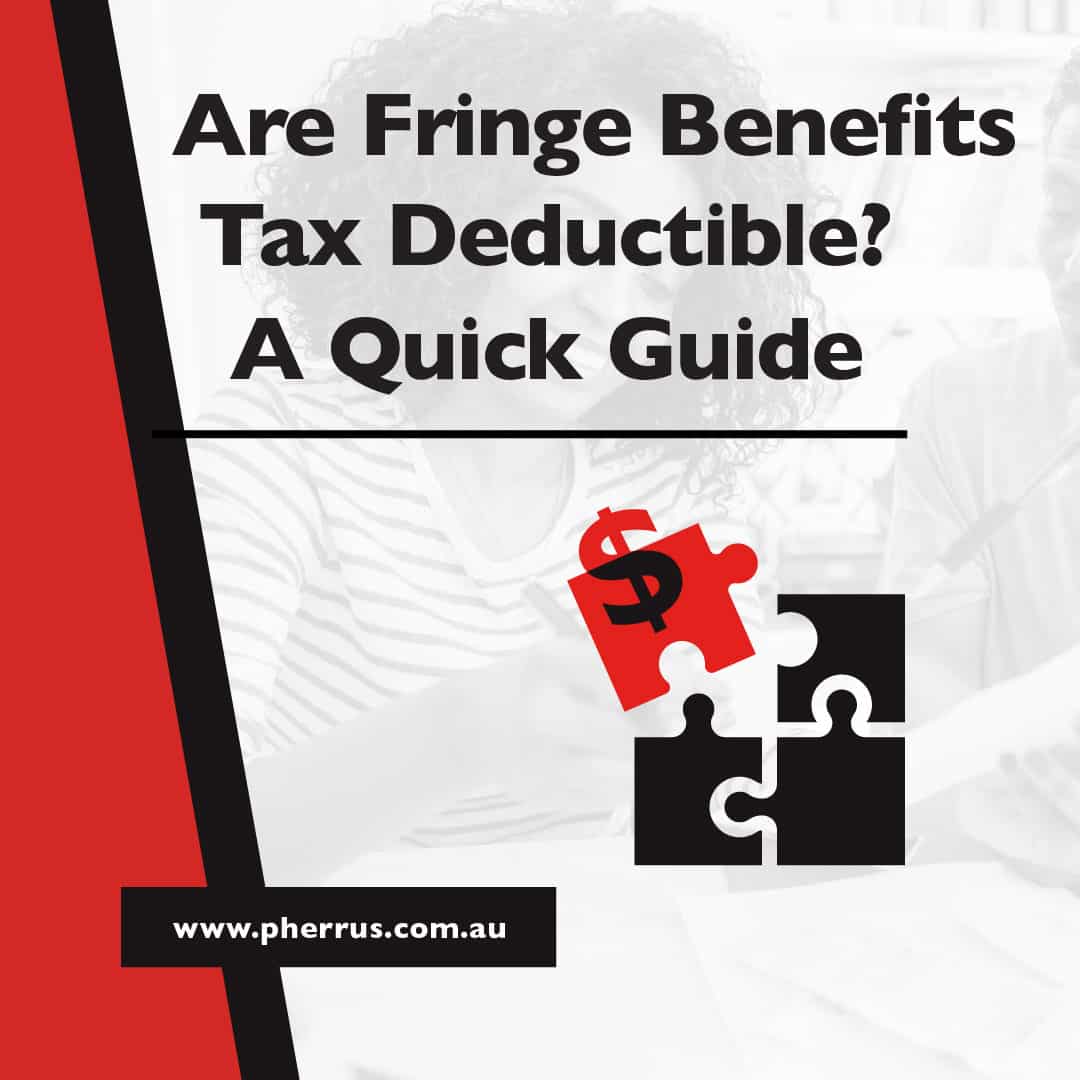If you’re an employer in Australia, you must pay taxes on reportable fringe benefits provided to your employees, as benefits are considered part of their salary.
However, you can claim an income tax deduction for the cost of offering fringe benefits and the corresponding fringe benefits tax (FBT) you pay.
In this guide, we’ll find out about the ‘otherwise deductible rule’, minor benefits exemptions, and how else you can reduce your FBT liability.
What Is the Otherwise Deductible Rule?
You won’t be liable for fringe benefits tax if you give your employee a benefit they could have claimed as an income tax deduction if they paid for it themselves.
This is the ‘otherwise deductible’ rule.
The ‘otherwise deductible rule’ allows you to provide attractive fringe benefits to your employees while reducing the tax burden on yourself.
However, if only part of the expense would’ve been deductible for the employee, you should reduce the value of the fringe benefit by that proportion.
What Is the Minor Benefits Exemption?
The minor benefits exemption is a tax exemption that allows employers to provide certain fringe benefits to their employees without incurring fringe benefits tax.
A minor benefit qualifies for exemption if it’s less than $300 in value and is provided to an employee on an infrequent or irregular basis.
Minor benefits include gift cards, work-related items given on special occasions, and small food and drink items provided during work hours.
It’s vital to be aware that some minor benefits may still be subject to FBT if they are part of a salary packaging arrangement.
Employers should review the Australian Taxation Office guidelines for exemption criteria.
Can I Reduce My FBT Liability?
There are several ways that employers can reduce their fringe benefits tax (FBT) liability.
Exempt Benefits
You can offer certain benefits exempt from FBT, including
- Emergency assistance due to illness, injury, or natural disasters.
- Travel expenses incurred from work-related travel.
- Relocation expenses if you require your employee to move for work purposes.
- Portable electronic devices, like laptops and mobile phones primarily used for work.
- Work-related items, like tools or necessary equipment for your employee to perform their job.
- Health-related benefits, such as gym memberships and health checks.
Employee Contributions
If an employee pays for a benefit themselves, it’s not subject to FBT.
For example, an employee may choose to pay for their car parking rather than having their employer provide it as a benefit.
Cash
Employees receiving their salary or wages are subject to income tax, including cash payments.
If you replace fringe benefits with a cash equivalent, such as increasing your employee’s salary or wages, this can reduce the amount FBT you need to pay.
It’s important to note that the above strategies must meet specific conditions and limitations to qualify for FBT exemptions or reductions.
You should seek advice from a tax professional for more information.
Need Help Figuring Out FBT?
If you’ve been wondering, are fringe benefits tax deductible?
Speak to the professionals at Pherrus Financial Services for the answer, plus further advice on reducing your FBT liability.
Fill in our online form, and we’ll contact you shortly.
Alternatively, call us to book an appointment at our Bella Vista office in Sydney, NSW.


